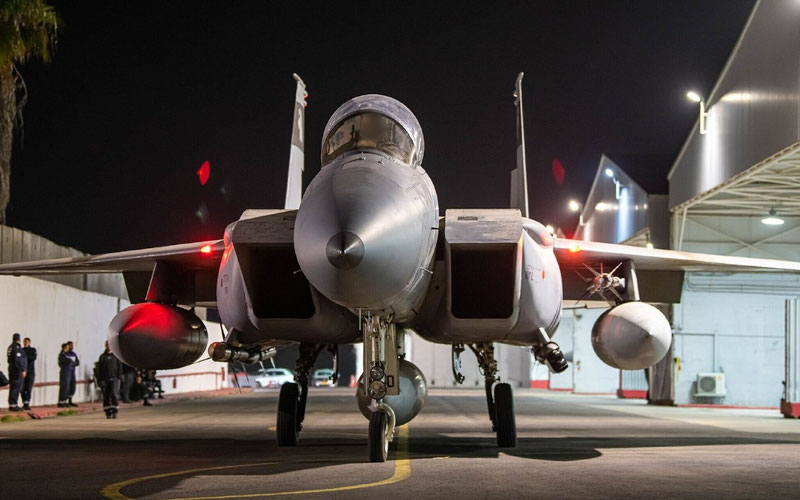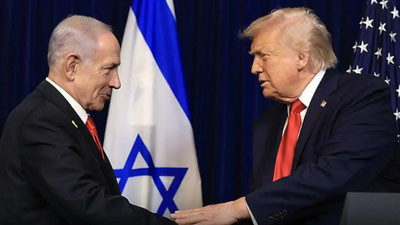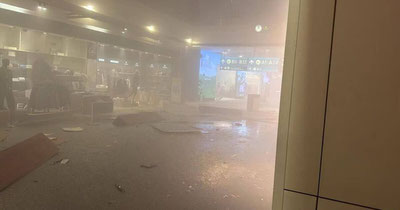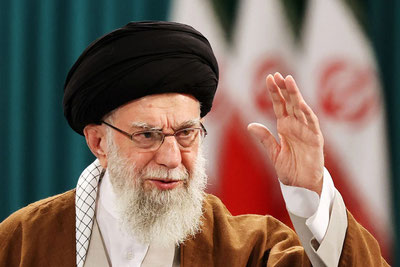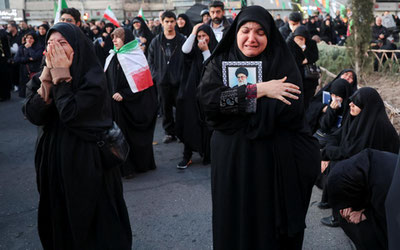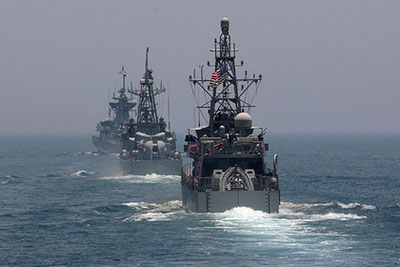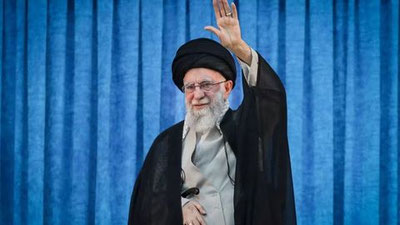"Times of Israel" publication reportsaccording to, Israeli intelligence looks with skepticism at positive outcomes from the negotiations and is seriously considering a military option.
The fifth round of nuclear negotiations between the US and Iran is taking place in Rome. The main issue in the talks is Iran's uranium enrichment activity. The US is demanding that Iran completely stop uranium enrichment, while Iran sees this as a matter of national sovereignty and refuses. Iran is currently enriching uranium to a 60% level, which is close to weapons-grade.
Iran's Foreign Minister Abbas Araghchi in a letter to the UN and the International Atomic Energy Agency (IAEA) stated that if Israel strikes, the US will also be held accountable. According to him, Iran will protect its nuclear materials by moving them to secret locations and will notify the IAEA later on.
Israeli Prime Minister Benjamin Netanyahu has stressed that he would not allow Iran to acquire nuclear weapons, indicating that military actions will be taken if negotiations fail. According to him, there is little time left to strike Iran's nuclear program.
The failure of negotiations could exacerbate regional issues. A military strike against Iran's nuclear program could not only affect relations between Israel and Iran but also threaten stability throughout the Middle East.
The international community is calling for issues to be resolved through negotiations. However, the discussion of a military option indicates the seriousness of the situation. Events in the coming weeks could significantly influence the geopolitical situation in the Middle East.
Abdulloh Sayyid
